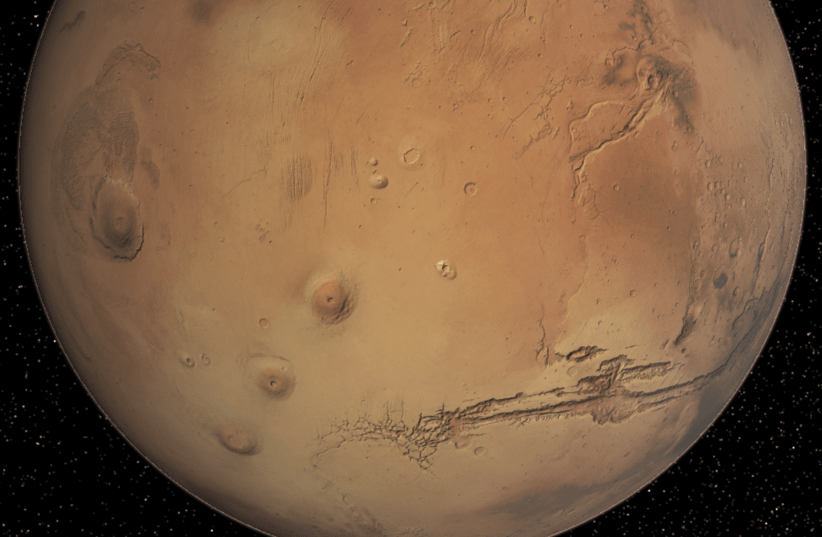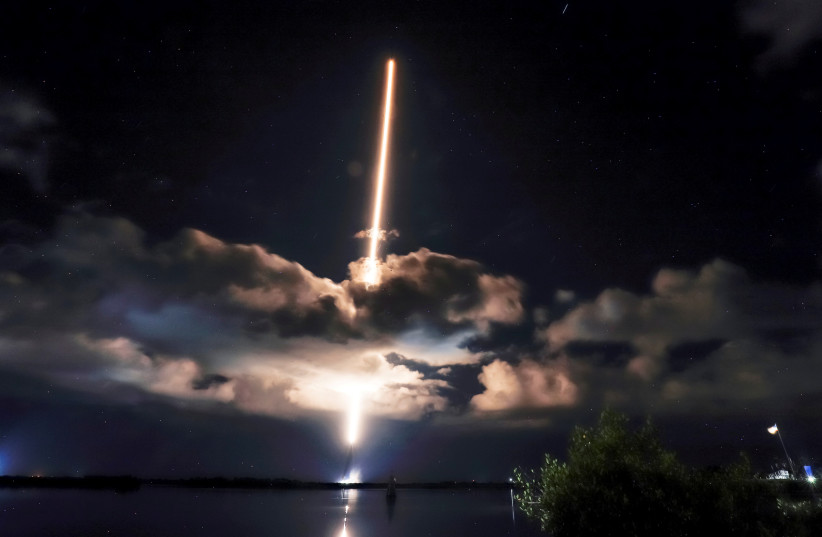NASA’s Curiosity rover sent a magnificent panoramic photo on Mars in honor of the rover’s tenth year on Mars. The photo was uploaded to NASA’s Instagram account last Thursday.
View this post on Instagram
The stunning photograph is actually a composite of two separate shots – both of which are black-and-white monochrome images – that were taken at 8:30 AM and again at 4:10 PM and later colorized by NASA scientists.
The Curiosity rover was dispatched onto the fourth planet from the sun – and closest to Earth – on November 26th, 2011. It was designed to explore the "Gale" crater on the northwest part of the planet.
The Instagram post’s caption reads that the Curiosity rover was “thinking of you.”
“Keeping in touch with loved ones is important,” the postcard-style social media post added.
Images captured by the rover are usually 360-degree shots that are sent back to Earth in a compressed, low-quality format, making this picture particularly special. When the team piloting the rover saw the landscape ahead of Mars mountain “Mount Sharp,” they climbed its 5-kilometer peak and secured a unique view for the stunning landscape shot.
The photo was colorized in a way that represented the scene as viewed at different times of day, as the blue, orange, and green tints are not what the human eye would see, according to a statement by NASA's Jet Propulsion Laboratory (JPL).
The Curiosity mission is led by NASA's JPL, which is managed by the California Institute of Technology (CalTech) in Pasadena, California.

